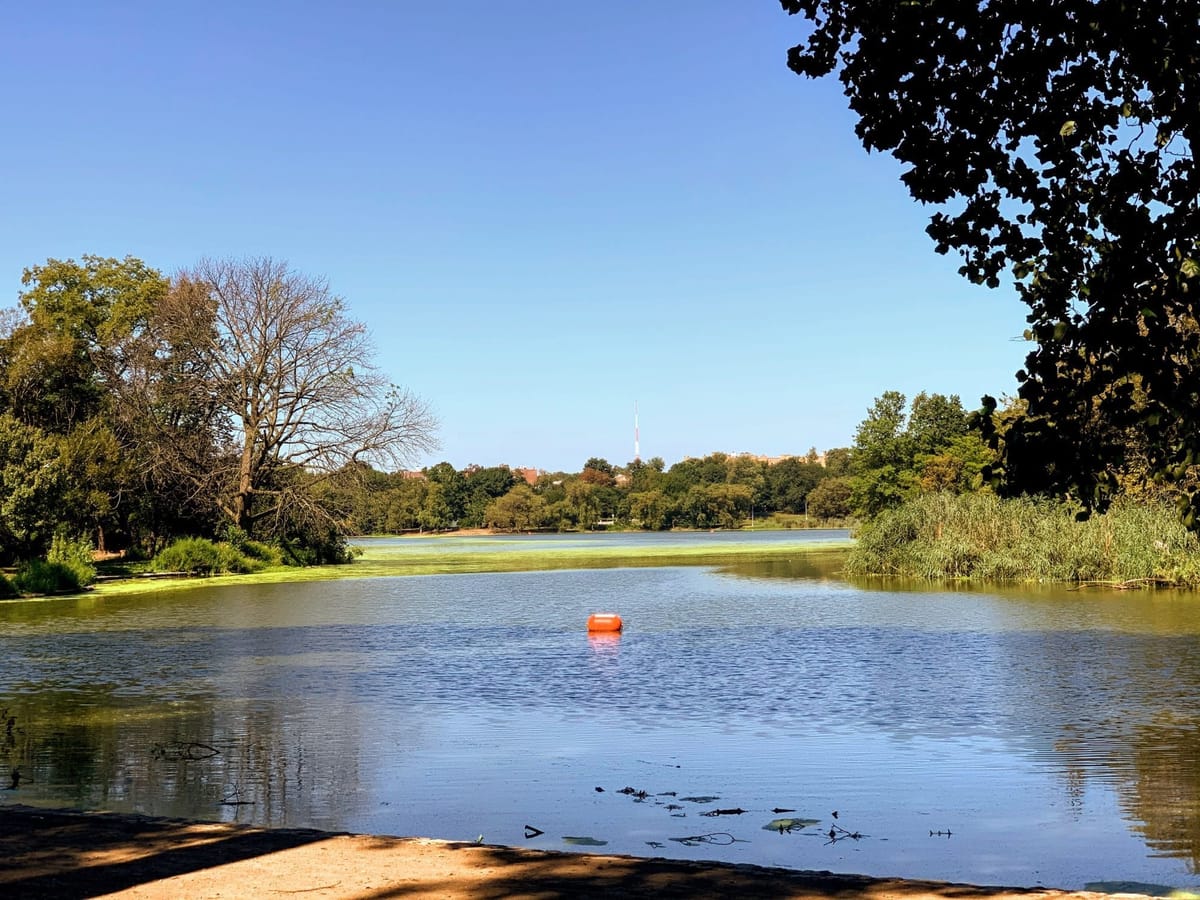Hundreds Of Eels Dumped Into Prospect Park Lake


PROSPECT LEFFERTS GARDEN – Someone dumped hundreds of live eels into the Prospect Park Lake last night.
On Sunday, September 27 at around 7:30 p.m., a man reportedly entered Prospect Park through the Vanderbilt Street entrance carrying two garbage bags. The bags split open and dozens of live eels spilled out. Then, the man continued to “dump hundreds more into the lake,” a neighbor who was out running when this occurred wrote. The person who dumped the eels is described as a 40-year-old Asian man, about 5’9 tall, and wearing all white, like a “restaurant/kitchen/butcher’s uniform.”
“I didn’t want to get too close as he seemed erratic, also COVID,” the neighbor wrote on Facebook. “Have also reported it to 311 who I hope will put someone on the lookout because it seems he’s done it before – a fisherman nearby said he caught a huge eel there a week ago.”
We are told the NYS Department of Environmental Conservation is investigating the incident. Anyone with any information should call 1-844-DEC-ECOS (1-844-332-3267).
The Prospect Park Lake is a 55-acre 7-feet deep lake that is home to several fish species including Largemouth bass, Black crappie, Yellow perch, Chain pickerel, Bluegill, Pumpkinseed Carp, Golden shiner, swimming around coontail, curly leaf pondweeds, elodea, yellow floatinghearts and floating water primroses.
The Brooklyn Paper first reported that the eels-– most likely saltwater eels– looked similar to the ones a fisherman they spoke to had seen in seafood markets.
Deborah Kirschner from the Prospect Park Alliance told us, “The release of pets and other animals in the park is illegal without a permit. It is a hazard both to those animals, and the plants and wildlife that call the park home. The park’s waterways and natural areas are fragile habitats, and this can disrupt these naturally occurring systems, introducing disease and other pathogens which can be harmful. When the public observes this, please contact 311.”




